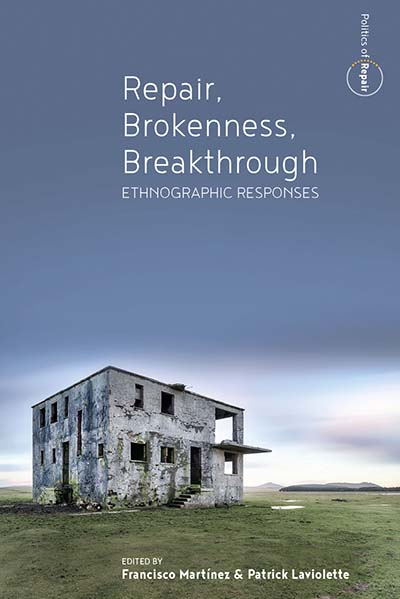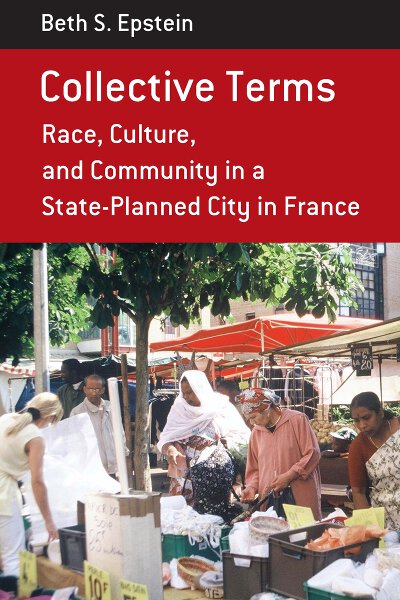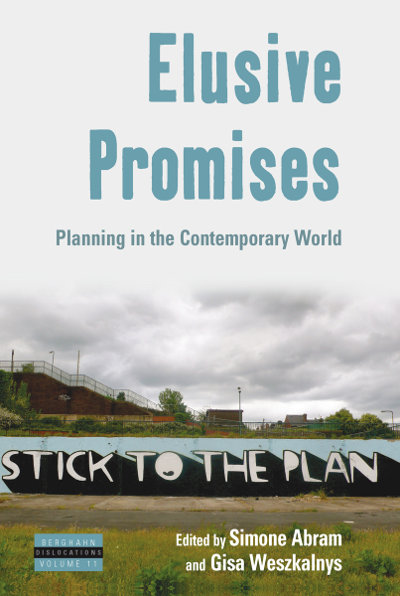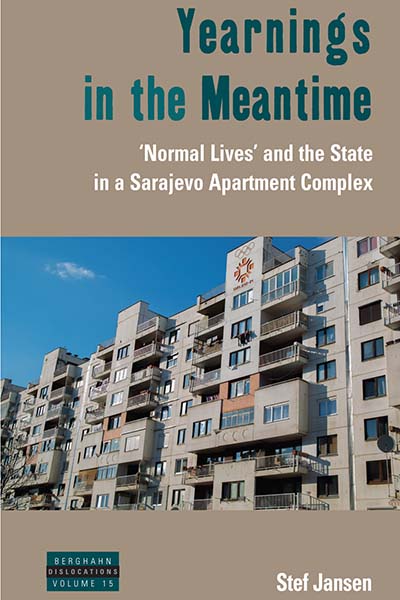
Series
Volume 1
Politics of Repair
See Related
Anthropology JournalsEmail Newsletters
Sign up for our email newsletters to get customized updates on new Berghahn publications.
Repair, Brokenness, Breakthrough
Ethnographic Responses
Edited by Francisco Martínez and Patrick Laviolette
340 pages, 69 illus., bibliog., index
ISBN 978-1-78920-331-8 $135.00/£104.00 / Hb / Published (September 2019)
ISBN 978-1-80073-643-6 $34.95/£27.95 / Pb / Published (September 2022)
eISBN 978-1-78920-332-5 eBook
Reviews
“There are many compelling, evocative, and insightful contributions here that will appeal to a very broad readership from undergraduates to specialist researchers.” • Journal of the Royal Anthropological Institute (JRAI)
“Anthropologists, sociologists, human geographers and STS scholars who research the affective expressions of brokenness and repair will find this book particularly helpful. In discussing social identities and relationships, ethical stances, as well as novel aesthetic and affective formations, this book offers a holistic take on the dialectics of breaking and fixing that is not only intellectually stimulating but also politically timely.” • Social Anthropology
“What I like about this book is its richness in ideas; it opens up a wide range of issues and associations, it invites the reader to see surprising linkages and new aspects of the seemingly trivial everyday. There is a lot of inspiration here for a number of research fields.” • Orvar Löfgren, University of Lund
“This is a very original, interesting and critical piece of work. It manages to bring the political in touch with the existential in an enlightening and, at moments, moving way.” • Paolo SH Favero, University of Antwerp
Description
Exploring some of the ways in which repair practices and perceptions of brokenness vary culturally, Repair, Brokenness, Breakthrough argues that repair is both a process and also a consequence which is sought out—an attempt to extend the life of things as well as an answer to failures, gaps, wrongdoings, and leftovers. This volume develops an open-ended combination of empirical and theoretical questions including: What does it mean to claim that something is broken? At what point is something broken repairable? What are the social relationships that take place around repair? And how much tolerance for failure do our societies have?
Francisco Martínez is a Lecturer in the School of Museum Studies, University of Leicester, and member of the editorial team of the Anthropological Journal of European Cultures. He has edited several books and is the author of Remains of the Soviet Past in Estonia. An Anthropology of Repair, Forgetting and Urban Traces (UCL Press, 2018), which was awarded the Early Career Prize of the European Association of Social Anthropologists.
Patrick Laviolette is the co-editor of the Anthropological Journal of European Cultures. With his work, he has developed an interdisciplinary understanding of material and visual-culture studies, as well as medical and environmental anthropology.
Subject: Anthropology (General)SociologyHeritage Studies
Contents
Download ToC (PDF)




